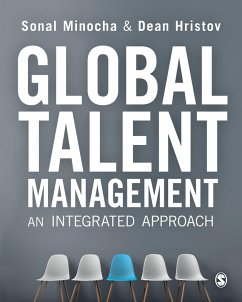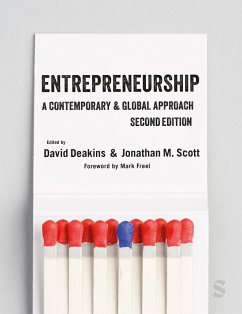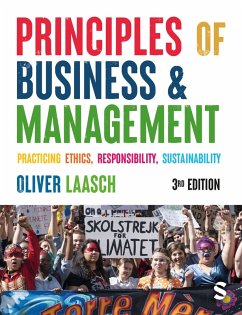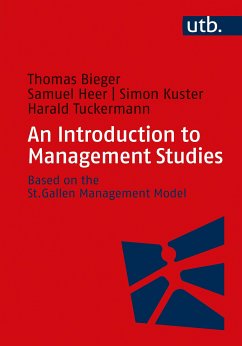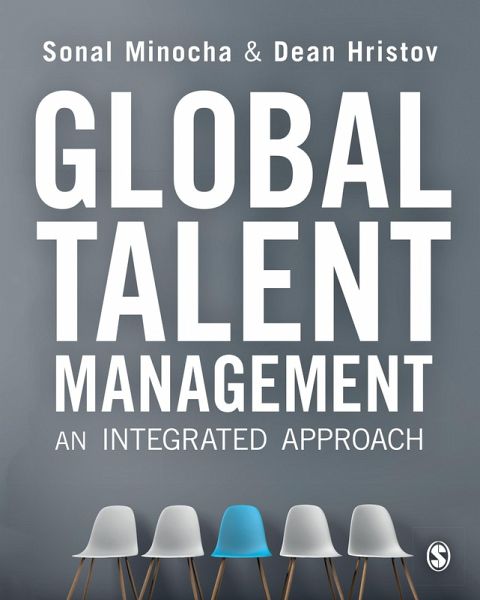
Global Talent Management (eBook, PDF)
An Integrated Approach
Versandkostenfrei!
Sofort per Download lieferbar
51,95 €
inkl. MwSt.
Weitere Ausgaben:

PAYBACK Punkte
26 °P sammeln!
This textbook provides the theory and practice context of Global Talent Management within an accessible conceptual framework for students, spanning individuals (micro), organisations (meso) and policy (macro).Including discussions on the development of self as global talent and current organisational approaches to the attraction, development and retention of global talent, this book encourages critical reflection of how global talent management is affected by policy, society and the economy. The authors draw on interdisciplinary fields, practical insights from global employers and wide-ranging...
This textbook provides the theory and practice context of Global Talent Management within an accessible conceptual framework for students, spanning individuals (micro), organisations (meso) and policy (macro).
Including discussions on the development of self as global talent and current organisational approaches to the attraction, development and retention of global talent, this book encourages critical reflection of how global talent management is affected by policy, society and the economy. The authors draw on interdisciplinary fields, practical insights from global employers and wide-ranging case studies to help students grasp the complexities of this evolving field.
Including discussions on the development of self as global talent and current organisational approaches to the attraction, development and retention of global talent, this book encourages critical reflection of how global talent management is affected by policy, society and the economy. The authors draw on interdisciplinary fields, practical insights from global employers and wide-ranging case studies to help students grasp the complexities of this evolving field.
Dieser Download kann aus rechtlichen Gründen nur mit Rechnungsadresse in A, D ausgeliefert werden.




